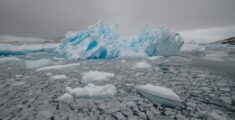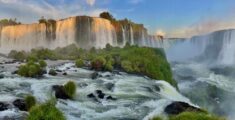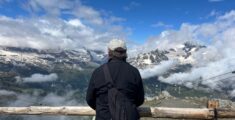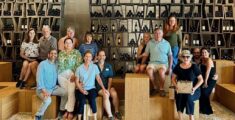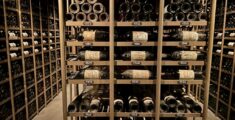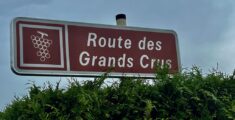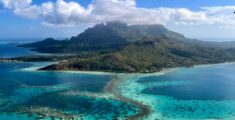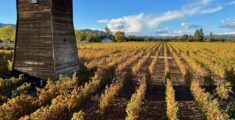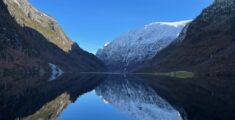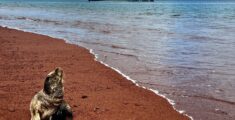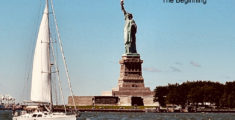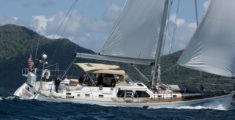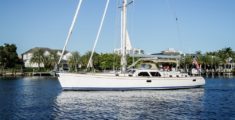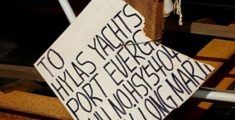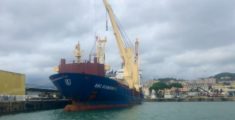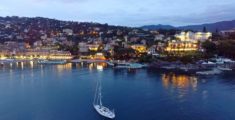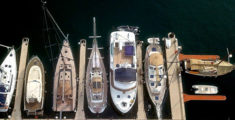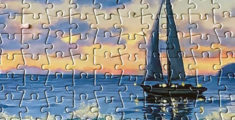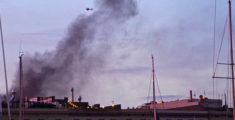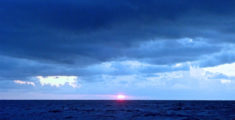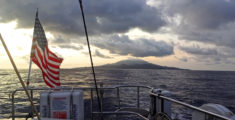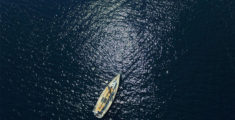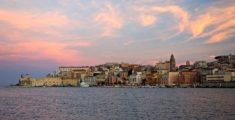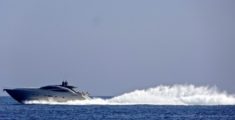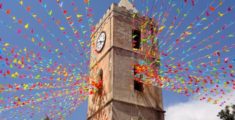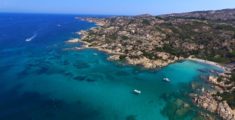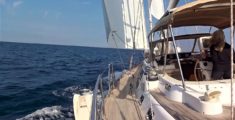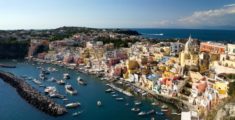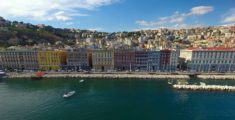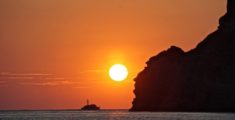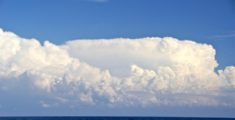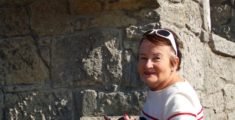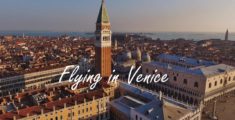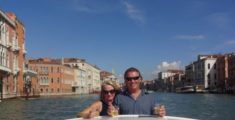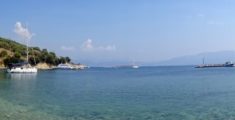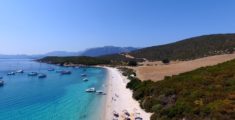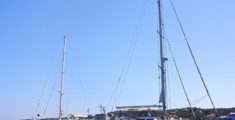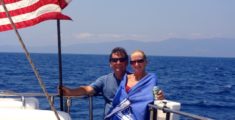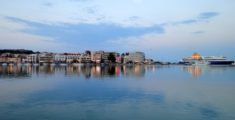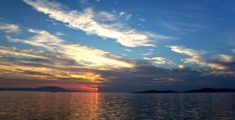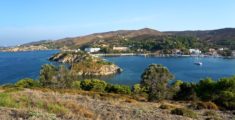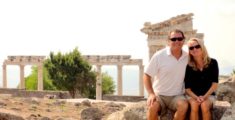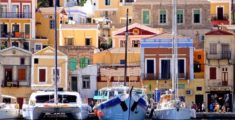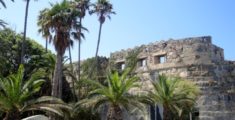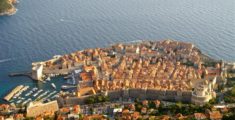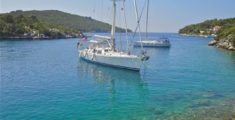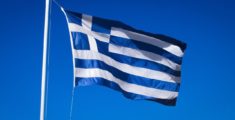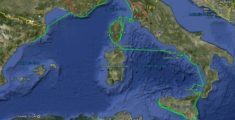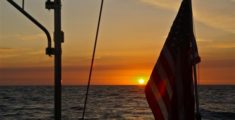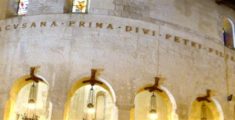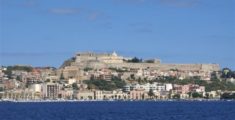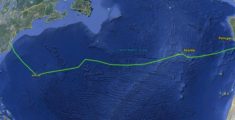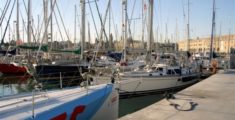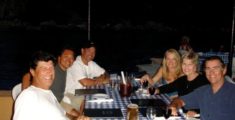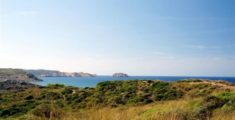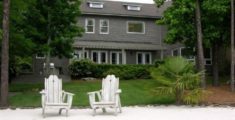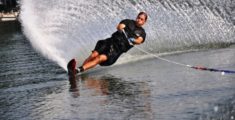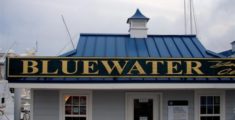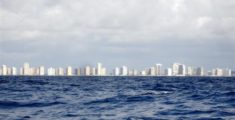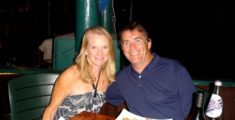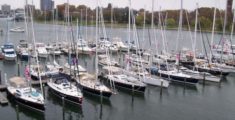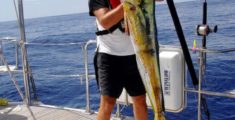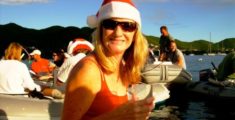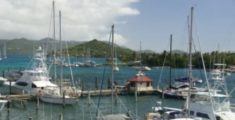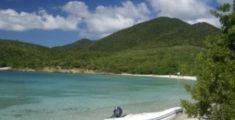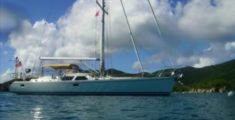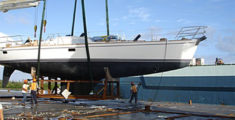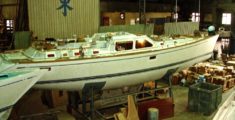Los Testigos (The Witnesses), Venezuela
Larry typically writes the blog. I take some pictures and offer content. But I thought I should do this blog entry because I am the reason we almost didn’t go to Los Testigos, Venezuela. When we first decided to go to the outer islands of Venezuela, we were at home, in North Carolina, sipping wine by the fire. It was chilly outside and the thought of deserted, tropical beaches was very appealing. But as our Venezuela plan developed, concern replaced the need for adventure. It was so far away. There was still so much to see in the Caribbean. Is it safe? Many friends and fellow cruisers said “don’t go, there are pirates”. Some said we were crazy because it was unstable. Others just looked at us with worry. Only a handful told us to go and wished they could come along. Add the fact that I hate night passages and this cruising route involved three separate nights at sea, plus another two-night passage to get north to the Dominican Republic, and I was quickly changing my mind. But I also hate to be the one to say no, so at 2:00 am on Thursday, March 19th, we weighed anchor and departed Prickly Bay, Grenada for Los Testigos, Venezuela.
The night was bright, but the sea was rolly. The wind was 20 knots directly behind us and we had a current so we moved along quickly at 8.5 knots. This area is supposed to be good for fishing, so we put out the poles. Our first strike was big. Larry saw the 10-foot shark just before it ran. We could do nothing to stop it as it took over 400 yards of line, breaking the 200-pound test at the reel and stealing one of our prized lures. We had another similar strike without losing the line and lure, and then finally landed a nice black fin tuna.
With the islands in sight, we put away the poles and were happy to see four sailboats already at anchor in Playa Tamarindo on Testigo Grande. This was a good sign, safety in numbers. Los Testigos are a group of islands about 40 miles from mainland Venezuela. There are about 160 inhabitants who live by fishing. They have a school and a church but no shopping, hospital, airport or ferry service. Cruisers are among the few outsiders to visit these islands. We barely got the anchor down when the Guardacostas (Coast Guard) boat came by asking us to check in when we got settled. They were polite, and welcoming, another good sign. As we approached the Coast Guard dock in our dinghy, a young man came up to take our line. Assuming that he would want a tip, I reached in my pocket for some bills, but he only smiled, said “Buenos Tardes” and ran off to join his friends. The Coast Guard station was full of nice, well-groomed men who moved quickly to help us check in. The man in charge grinned at each of our attempts to communicate in Spanish before he revealed his near-perfect English language skills. Larry complimented him on his English, he smiled broadly and said that it was one of his goals. The check in process was simple; the islands seemed secure with the Coast Guard watching over the bay. So far, this was not the scary country I had feared. As we left the dock, our dinghy got caught on another boat’s line. As we tried to free ourselves, a young man dove into the water from the dock and pulled the line away so we could leave.
Again, he wanted nothing more than to be of assistance. For three days, this type of behavior went on. The locals and fishermen waved but did not bother us or try to sell us anything. In fact, when Benjamin approached us on the beach one afternoon, we tried to find out where we could buy some lobster. While he was very helpful, he only wanted to cut open a coconut to give us some water after our long hike to top of the mountain.

One morning, a man quietly approached Berkeley East in a pirogue (a canoe with a very pointy bow). He spoke softly in Spanish and when he realized that we didn’t speak enough Spanish to communicate, he moved his boat, very carefully, close enough to hand us a small piece of paper. Written in three languages (Spanish, English and French), the paper said “La Casa Verde” (The Green House), Fish and Lobster, Open 12 to 10. Someone had opened a restaurant in their home on this remote island. We asked “Donde esta?” He pointed to the small green house on the hill.


So after a hike to the sand dunes, we went to La Casa Verde, armed with a page full of Spanish phrases and questions that we might need. As we sat on Siena and Herman’s patio, enjoying lobster and cold cervezas, watching the goats and enjoying the breathtaking island view, I wondered what I had been so afraid of. There have been problems in some of the mainland cities, serious problems that have hurt many people, including cruisers. But to think all of Venezuela is bad because of those incidents is like saying that all of the US is bad because there has been crime in New York City. We still take every precaution to be safe, hoisting the dinghy, locking the boat, knowing our surroundings, and more than anything, respecting our Venezuelan hosts and their home. In Los Testigos, The Witnesses, I witnessed a change in my opinions. These are beautiful islands with wonderful people. We continue on and hope that the rest of the Venezuelan islands are as lovely an experience as these have been.
P.S. Unfortunately, I did not witness a change in my dislike of night passages.




